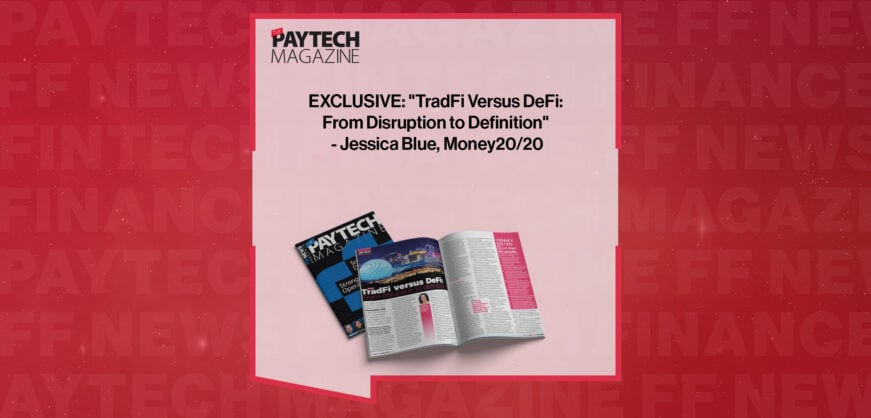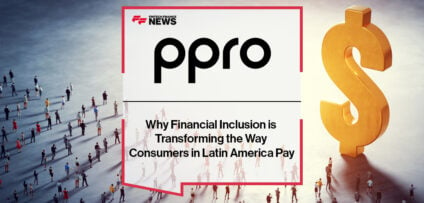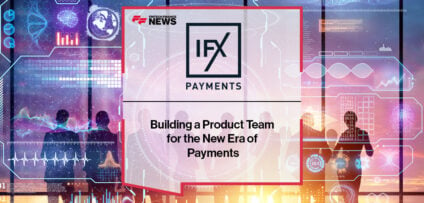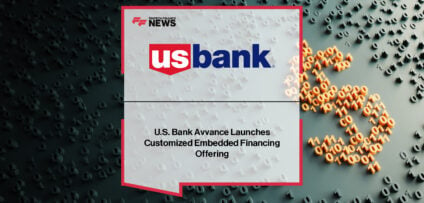Breaking News
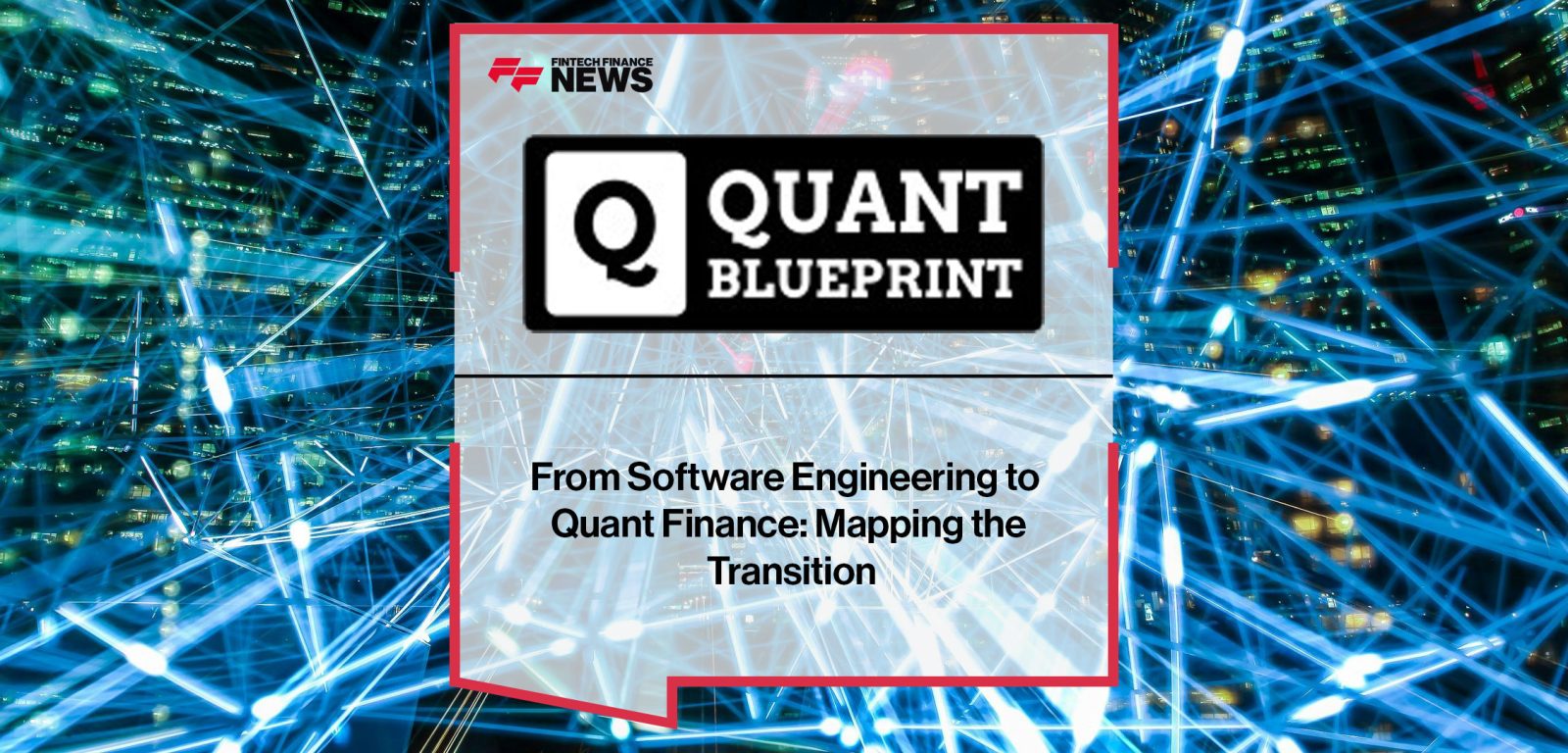
From Software Engineering to Quant Finance: Mapping the Transition
Quantitative analysts, commonly referred to as quants, use mathematical and statistical methods to interpret and predict financial markets. With six-figure starting salaries and opportunities at hedge funds and investment banks, the field has drawn increasing interest from professionals in adjacent disciplines, including software engineering and data science.
Yet the path to a quant role can be opaque. According to one educational provider, Quant Blueprint, the process of entering this field “can be stressful, albeit rewarding.” To address this challenge, some training programs have emerged that aim to prepare professionals from STEM fields with the specific knowledge and skills needed to compete in quantitative finance.
Focused Preparation Through Applied Learning
Programs like Quant Blueprint provide “boot camp-style” training designed to help participants “transition into quantitative financing with specific industry knowledge.” The curriculum was developed with a focus on “getting hired by quality companies” and centers on key areas of employer demand, including “multi-asset class research,” “developing trading signals,” and “offering statistical analysis beneficial to quant traders and researchers.”
Participants study a range of applied topics, including portfolio construction, interview preparation, statistical analysis, and other critical aspects of quantitative analysis. Clients “develop technical skills critical to entering quantitative roles at trading firms, banks, and hedge funds.” These foundations are intended to address common challenges among career changers, especially gaps in financial modeling and applied statistics.
The program uses hands-on projects to develop fluency in practical tools, including backtesting, signal generation, and research methods, across various asset classes. According to the company, its goal is to “inspire potential quants with confidence and an insider’s view of what employers seek,” while offering a “step-by-step guide to success.”
Interview Readiness and Industry Exposure
A key focus of the training is preparing candidates for the technical interview process. As Quant Blueprint notes, the program emphasizes “crushing interviews” by providing “interview theories and risk-taking intuition,” along with curated question banks and mock interview opportunities.
Participants may also gain exposure to professionals working in the field. Clients are also connected to actual hiring managers and industry recruiters through Quant Blueprint’s vetting process, which aims to ensure that candidates are well-matched to the roles for which they apply. These professionals “instruct clients on data competition and important trading questions” and assist with both referrals and preferred referrals.
Supporting Career Transitions Into Quantitative Finance
While multiple pathways exist for entering quant roles, one shared theme among many programs is the goal of making the field more accessible to professionals outside traditional finance tracks. Quant Blueprint, for instance, supports candidates by offering “data, portfolio creation, and access to hiring firms and recruiters”—three areas commonly cited as barriers for those without prior finance experience.
The structured approach is designed to reduce uncertainty and increase readiness for competitive hiring environments. While success stories and testimonials are cited by the program, the broader takeaway reflects a growing trend: more professionals from software engineering and data science backgrounds are finding structured, skills-based routes into quant finance, without needing to start from scratch.
Companies In This Post
- EXCLUSIVE: “TradFi Versus DeFi: From Disruption to Definition” – Jessica Blue, Money20/20 in ‘The Paytech Magazine’ Read more
- The Paytech Magazine Issue #17 Read more
- World’s Largest Fintech Meetings Event Expands to Europe with 2026 Lisbon Launch Read more
- Innovation Celebrated as Winners of Open Banking Expo Awards 2025 Revealed Read more
- Fintech Revolution Summit 2025 Read more





